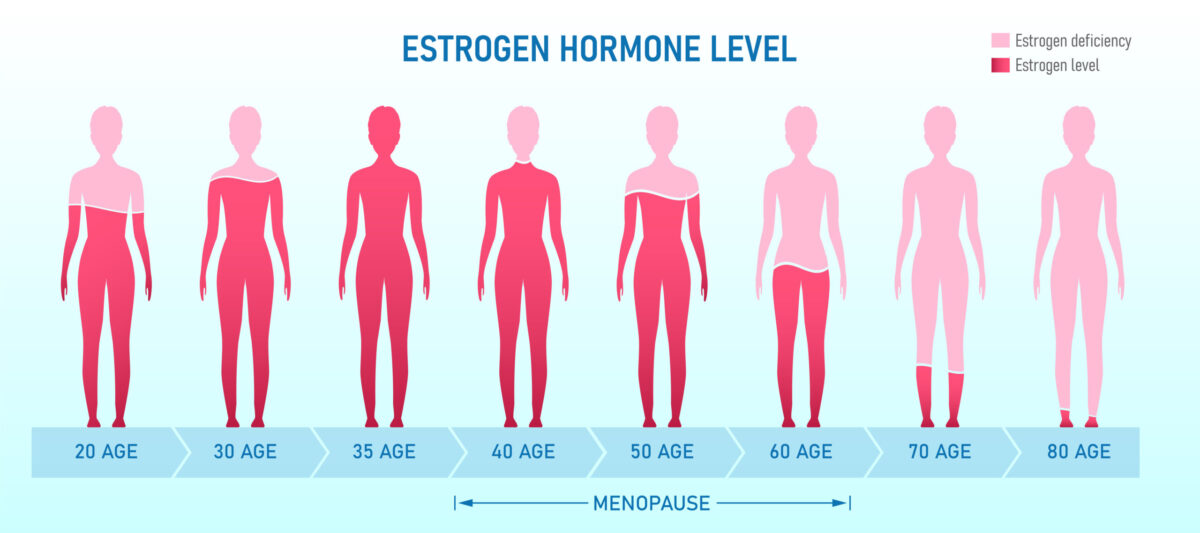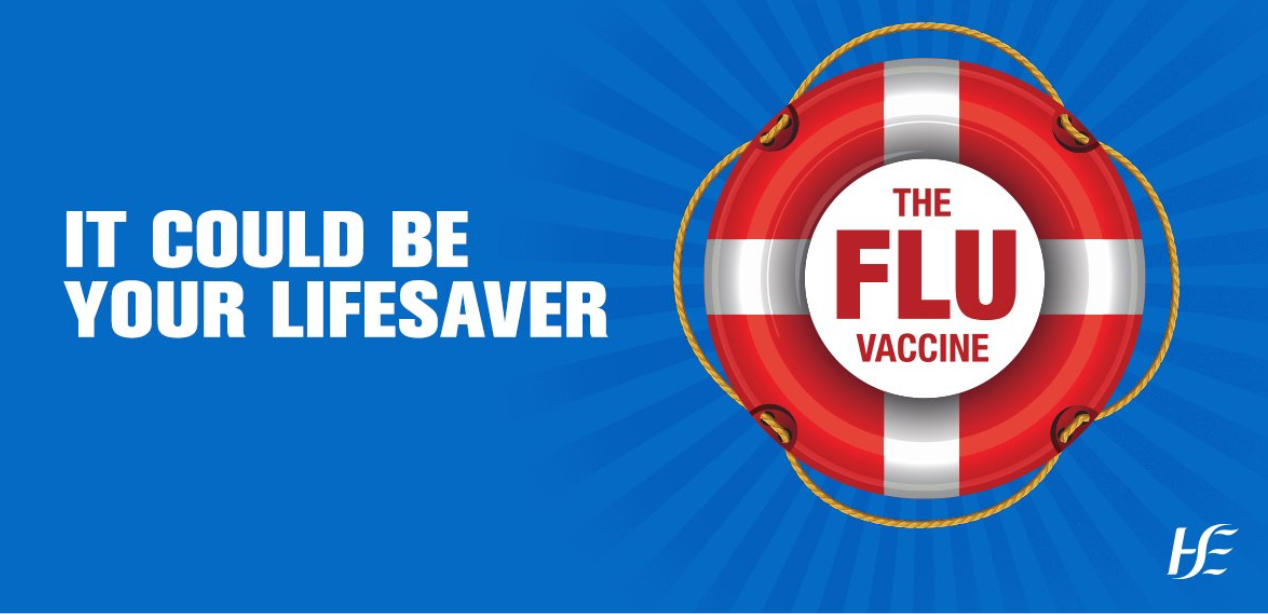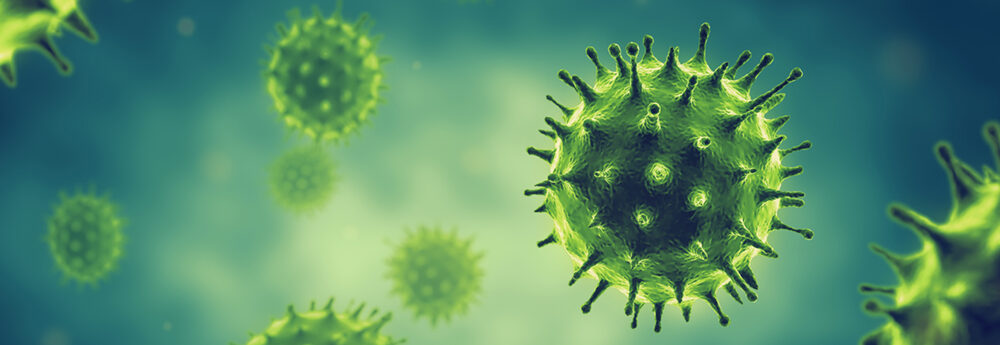
STRESS
We live in a highly stressful world. Some temporary forms of stress benefit us and help us survive; however, stress becomes an issue when it becomes chronic. Chronic stress has direct negative consequences on our health, and when we are stressed and overwhelmed, we are less likely to engage in healthy habits. Whilst we cannot always eliminate the stresses of life, having a stress management plan can help to lower the effects of stress and prevent the return of stress symptoms. It can mean the difference between a stress reaction and a stress response.
A stress reaction: An event that leads to alarm, activation of the sympathetic nervous system, overstimulation and internalisation of the situation, all of which lead to maladaptive coping and a breakdown of emotions
A stress response: An event that leads to conscious internal processing that allows a person to be mindful of the situation, to recognise influences and chain of event reactions, and to make a deliberate choice. This conscious response allows a person to better control their emotions, keep a greater sense of calmness and balance, recover mentally, and regain equilibrium faster.

The link between emotional distress and poor health
Mental illness has a complex aetiology of both modifiable and non-modifiable factors. Lifestyle medicine aims to address as many of these modifiable factors as possible. Stress is a major modifiable factor in the development of mental distress and illness. It has been linked to:
- Coronary Artery Disease
- Stroke
- Cancer
- Type 2 Diabetes
- Mean lifespan reduction of between 25-30 years
- Negative job performance
Lifestyle Medicine and emotional wellbeing
There are a number of techniques that lifestyle medicine utilises to improve mental and emotional wellbeing and reduce stress. These include:
- Exercise Therapy
- Nutrition
- Positive Psychology and Cognitive Restructuring
- Stress reduction techniques such as mindfulness and meditation
- Sleep management
- Positive relationships and social support
These techniques can be used as a primary treatment modality or in combination with psychological treatments and medical options. Please do bring this up with the doctor or nurse as needed.








